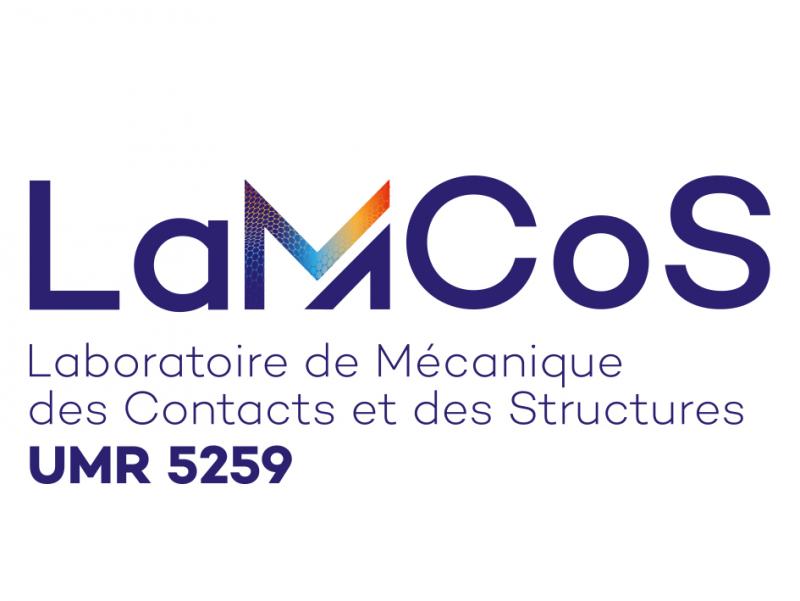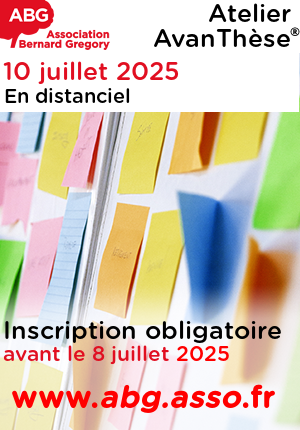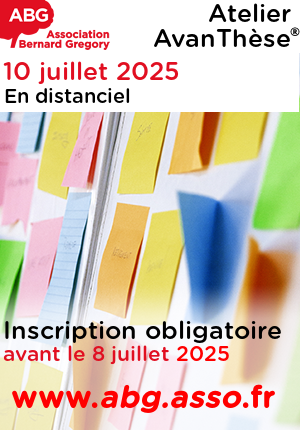Macroscopic models and parameters for real lubricants rheology for friction calculations
| ABG-131823 | Sujet de Thèse | |
| 11/05/2025 | Financement public/privé |

- Sciences de l’ingénieur
Description du sujet
Context :
Many everyday contacts are lubricated to reduce friction and wear. These contacts are designed to minimise energy loss. For that, it is necessary to know the constitutive equation of the lubricants as a function of the flow conditions in a contact (pressure, temperature, shear rate). As these loads are widely distributed and coupled throughout the contact, the behaviour of the lubricant is largely multiphysical and multi-scale, which makes prediction difficult.
Furthermore, in concentrated contacts such as those found in a bearing, the fluid film thickness is typically a few hundred nanometres, and the pressure a few gigaPascals, which represents particularly severe stresses. Under these operating conditions, the lubricant behaviour laws conventionally used in the literature are no longer valid.
Finally, these constitutive equations, given in the literature for model fluids and model surfaces, do not take into account the complexity of real contacts in terms of the lubricant formulation and the nature of the solid surfaces in contact.
Objective :
This project follows on from various experimental (tribometry, Brillouin spectroscopy) and numerical (Molecular Dynamics, Finite Elements) work already carried out in the TMI team on the behaviour of lubricants under various contact conditions (various lubricants, high pressure and high shear, solid surfaces of various kinds). The aim is to identify the rheological constitutive equations and parameters best suited to predicting lubricant behaviour and friction under real conditions. It consists of two main parts, which can be carried out in parallel.
Course of the thesis :
The first part will consist of :
- Carrying out a literature review to identify the limits of current friction predictions. Attention will be paid on extreme friction regimes. Data from the literature will also be gathered on real lubricants and on the influence of solid surfaces.
- Work on the behaviour models already identified in the team, or other models in the literature, to extend the pressure ranges reached in previous work and attempt to approach - or even exceed - the glass transition of the lubricant.
- Fit these models to several real lubricants: T9, T32, T68, gearbox, spindle (high speed), aeronautical lubricants.
- Study the influence of various real surfaces on friction. Solid steel and ceramic surfaces will be considered.
In a second part, the candidate will be able to implement/develop/use tools based on artificial intelligence (neural networks, machine learning, etc.) to attempt to link the chemical composition of the lubricant, its rheological behaviour and the resulting friction. The thermal environment will also have to be taken into account for the most severe friction regimes.
Prise de fonction :
Nature du financement
Précisions sur le financement
Présentation établissement et labo d'accueil
Laboratoire de Mécanique des Contacts et des Structures
A joint research unit UMR5259 of the INSA Lyon and the CNRS, the role of LaMCoS is to carry out research on understanding and controlling the behavior of mechanical structures and systems by studying their interfaces.
We innovate to improve understanding of fundamental phenomena to anticipate major societal challenges and respond to technological problems in the fields of Transport, Energy, Health, Biomedicine, Sport and Machine Tools.
Site web :
Intitulé du doctorat
Pays d'obtention du doctorat
Etablissement délivrant le doctorat
Ecole doctorale
Profil du candidat
The successful candidate will benefit from a 3-year contract as part of the "Re-imagine Lubrication" Research Chair, funded by the SKF Group. The work will take place at the LaMCoS (http://lamcos.insa-lyon.fr), at INSA Lyon. Ideally, the candidate will have a Master's and/or Engineering degree in mechanics, materials or fluid physics.
The successful candidate should be particularly interested in numerical modelling, and open to other scientific disciplines. Initial knowledge of lubrication issues would be a plus. He/she will have a taste for research and will have to work independently and rigorously.
A good level of English will be required.
Vous avez déjà un compte ?
Nouvel utilisateur ?
Vous souhaitez recevoir nos infolettres ?
Découvrez nos adhérents
 Tecknowmetrix
Tecknowmetrix  Nokia Bell Labs France
Nokia Bell Labs France  MabDesign
MabDesign  Ifremer
Ifremer  SUEZ
SUEZ  ONERA - The French Aerospace Lab
ONERA - The French Aerospace Lab  PhDOOC
PhDOOC  Groupe AFNOR - Association française de normalisation
Groupe AFNOR - Association française de normalisation  ANRT
ANRT  CASDEN
CASDEN  Institut Sup'biotech de Paris
Institut Sup'biotech de Paris  ADEME
ADEME  Laboratoire National de Métrologie et d'Essais - LNE
Laboratoire National de Métrologie et d'Essais - LNE  MabDesign
MabDesign  TotalEnergies
TotalEnergies  Généthon
Généthon  CESI
CESI  ASNR - Autorité de sûreté nucléaire et de radioprotection - Siège
ASNR - Autorité de sûreté nucléaire et de radioprotection - Siège  Aérocentre, Pôle d'excellence régional
Aérocentre, Pôle d'excellence régional



